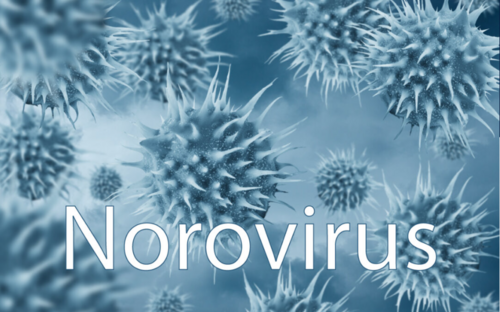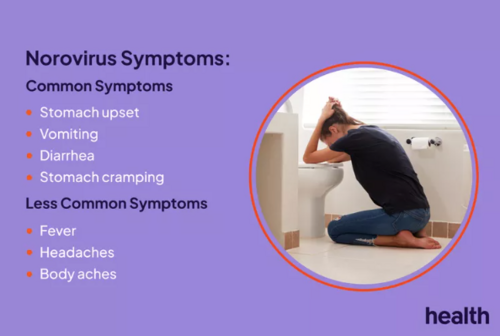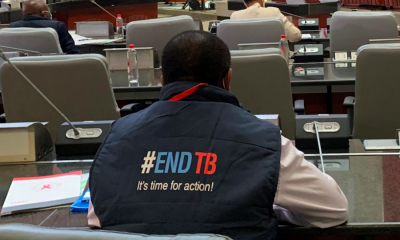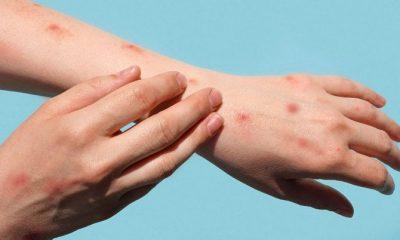411
Five Years After Covid-19: Should South Africans Worry About Norovirus?

As the world continues to monitor potential global health threats, norovirus has emerged as a disease under close scrutiny. The World Health Organization (WHO) describes it as the leading cause of acute gastroenteritis worldwide.
What Is Norovirus?
Norovirus is a highly contagious viral illness causing severe diarrhea, vomiting, and nausea. The WHO reports 685 million global cases annually, with 200 million affecting children under five. Tragically, norovirus causes approximately 200,000 deaths yearly, with low-income countries bearing the brunt.
While the statistics are alarming, the WHO advises against panic but encourages awareness and preventative measures.
How Norovirus Spreads
The Centers for Disease Control (CDC) outlines several ways the virus can spread:
- Contaminated surfaces: Norovirus can transfer from infected hands or objects.
- Food and water: Consuming contaminated food or drinks.
- Airborne droplets: Vomit particles can spread through the air and land on surfaces or be inhaled.

Picture: Health / Getty Images
Signs and Symptoms
Symptoms typically appear 12 to 48 hours after exposure and include:
- Diarrhea, nausea, and vomiting
- Stomach pain, fever, headache, and body aches
- Severe dehydration in some cases
There is no specific cure for norovirus. Recovery depends on individual immunity, and symptoms often subside within a few days. The most critical step is rehydration to replace lost fluids.
While norovirus can have severe consequences, especially in vulnerable populations, the risk remains manageable with proper hygiene practices. Cleaning surfaces, washing hands regularly, and ensuring food safety can significantly reduce transmission.
Public education and vigilance are crucial to controlling outbreaks. The WHO encourages informed communities to act responsibly to prevent the virus’s spread and ensure early treatment for severe cases.
Follow Joburg ETC on Facebook, Twitter and Instagram
For more News in Johannesburg, visit joburgetc.com



















